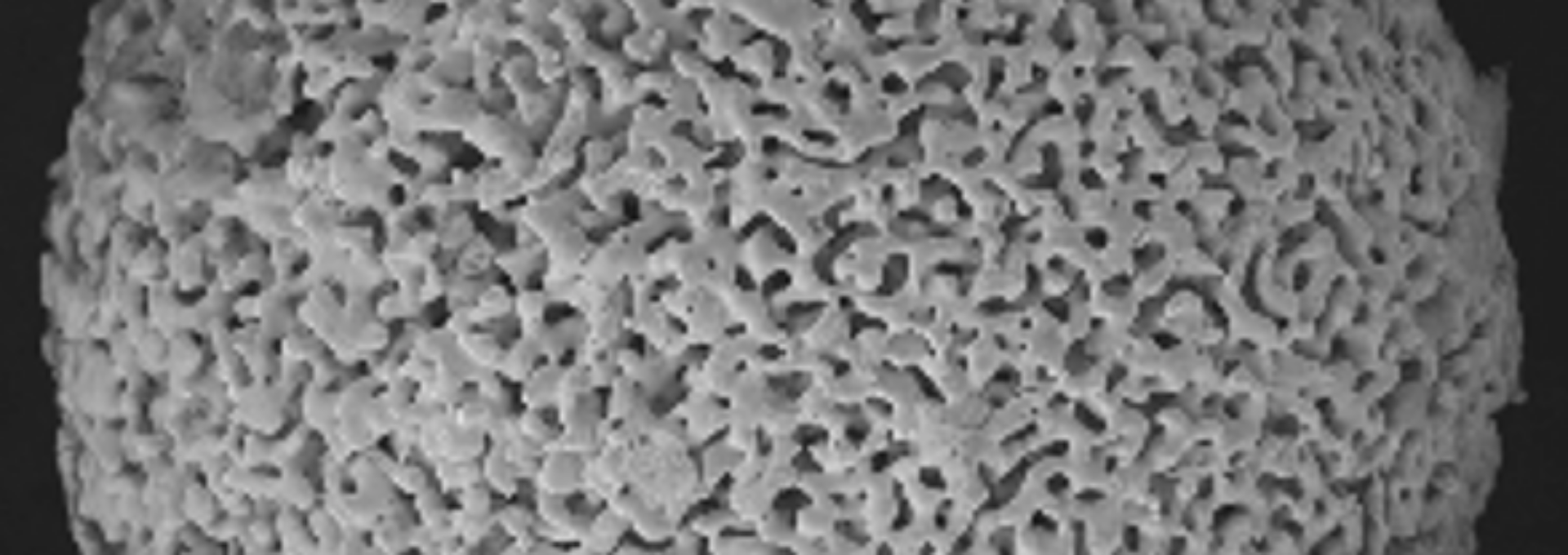The Erlebacher group at Johns Hopkins University (JHU) is growing!
Our portfolio of programs is funded by a variety of sources –DOE/ARPA-E, industrial partners, the JHU Ralph O’Connor Sustainability Energy Institute (ROSEI, energyinstitute.jhu.edu), and DARPA.
We are looking to bring on multiple graduate students and post-doctoral fellows to pursue research in the following areas:
- Methane decomposition into hydrogen and solid carbon. We are exploring a new and particularly effective route to turn natural gas into hydrogen and solid carbon. This is a chemical and materials engineering project involving reactor design, construction, and modeling. More information can be found here.
- Metallurgical routes to upgrading carbon. Here we are exploring methods to transform low-value carbon generated from methane or CO2 decomposition (e.g., soot) into high value crystalline carbon forms (e.g., fiber or bricks) at industrial scales. More information can be found here.
- Life-cycle and technoeconomic analysis of methane decomposition. This policy and economics project seeks to answer a “what if” question – what would be the economic, policy, and environmental effects of producing inexpensive hydrogen and solid carbon from natural gas. More information can be found here.
- Metal coatings for extreme fatigue and corrosion resistance (DARPA). The program involves synthesis, testing, characterization and modeling of alloy coatings subjected to interfacial liquid metal dealloying. More information can be found here.
PhD students should apply to the graduate program of the department.
Post-docs should apply through the links provided.
Interested undergraduates at Johns Hopkins University are encouraged to contact Prof. Erlebacher to discuss independent research projects.
Johns Hopkins University is committed to equal opportunity for its faculty, staff, and students. To that end, the university does not discriminate on the basis of sex, gender, marital status, pregnancy, race, color, ethnicity, national origin, age, disability, religion, sexual orientation, gender identity or expression, veteran status or other legally protected characteristic. The university is committed to providing qualified individuals access to all academic and employment programs, benefits and activities on the basis of demonstrated ability, performance and merit without regard to personal factors that are irrelevant to the program involved.
